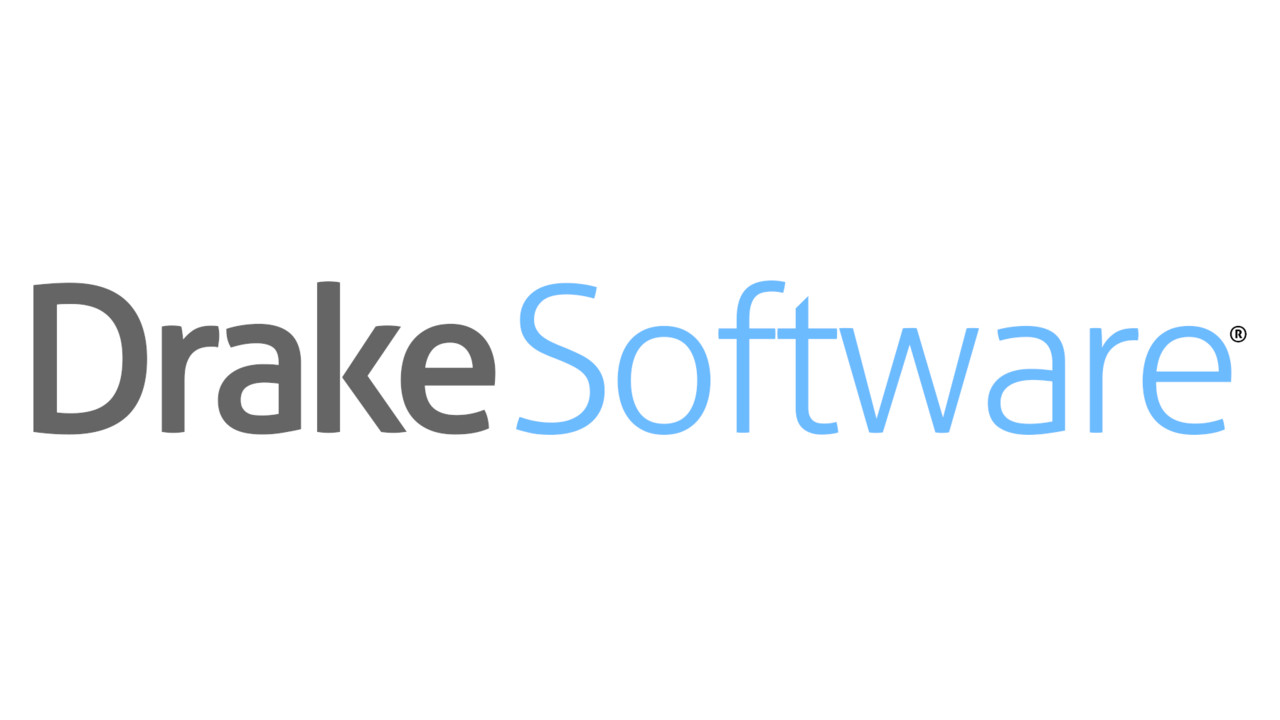In the ever-evolving world of accounting, small practices face unique challenges and opportunities. One strategy that has been making a big impact is outsourcing. In this comprehensive guide, we'll explore how small accounting practices can harness the power of outsourcing to grow, thrive, and make a significant difference in the industry.
The Landscape for Small Accounting Practices
The Challenges
Small accounting practices often operate with limited resources, including staff and technology. This can hinder their ability to compete with larger firms.
The Opportunities
Despite these challenges, small practices have the advantage of agility, personalized service, and the ability to adapt quickly to client needs.
The Outsourcing Advantage
What Is Outsourcing?
Outsourcing involves delegating specific tasks or functions to external service providers. For small accounting practices, this means enlisting experts to handle non-core functions.
Benefits for Small Practices
1. Cost Efficiency: Outsourcing can significantly reduce operational costs, including salaries and office space.
2. Access to Expertise: Small practices can tap into specialized skills they may not have in-house.
3. Scalability: Outsourcing allows practices to scale their services up or down as needed.
Implementing Outsourcing Successfully
Identifying Areas for Outsourcing
To make the most of outsourcing, small practices should identify which tasks are suitable for delegation. Common areas include bookkeeping, payroll processing, and tax preparation.
Choosing the Right Partners
Selecting the right outsourcing partners is crucial. Look for providers with a proven track record in the accounting industry and a commitment to data security.
Effective Communication
Clear communication with outsourcing partners is essential. Establishing regular meetings and channels for feedback ensures that tasks are executed according to your requirements.
Quality Control
Implement quality control measures to maintain the accuracy and quality of work delivered by the outsourcing team.
Conclusion
In conclusion, small accounting practices can make a big impact by embracing outsourcing as a strategic growth tool. By reducing costs, accessing specialized expertise, and maintaining a client-focused approach, these practices can compete effectively in the accounting landscape.
FAQs (Frequently Asked Questions)
1. What tasks can small accounting practices outsource?
Small accounting practices can outsource tasks such as bookkeeping, payroll processing, data entry, tax preparation, and IT support, among others.
2. How can small practices ensure data security when outsourcing?
To ensure data security, small practices should choose outsourcing partners with robust data security measures, including encryption and compliance with industry regulations.
3. Is outsourcing only suitable for cost reduction, or are there other benefits?
While cost reduction is a significant benefit, outsourcing also provides access to specialized skills and expertise, allowing small practices to offer a wider range of services to clients.
4. How can small practices find the right outsourcing partners?
Small practices can find the right partners by conducting thorough research, checking references, and looking for providers with a strong track record in the accounting industry.
5. What is the first step for small accounting practices considering outsourcing?
The first step is to assess the specific needs of the practice and identify which tasks can be outsourced to achieve the desired growth and efficiency goals.











.png)










